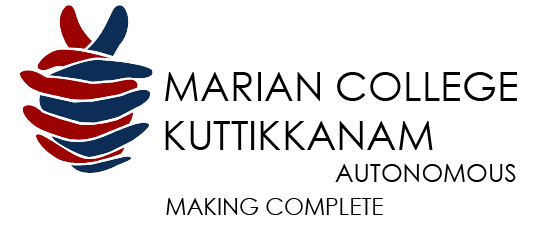Overview
The global definition of the Social Work Profession states that “Social work is a practice-based profession and an academic discipline that promotes social change and development, social cohesion, and the empowerment and liberation of people. Principles of social justice, human rights, collective responsibility and respect for diversities are central to social work. Underpinned by theories of social work, social sciences, humanities and indigenous knowledge, social work engages people and structures to address life challenges and enhance wellbeing” (IFSW & IASSW, 2014). The core mandates of the social work profession consisting of promotion of social change, social development, social cohesion, and the empowerment and liberation of people is strengthened by the interdisciplinary and transdisciplinary knowledge and practices which are based on scientific evidence and principles. The professional social work education trains the candidates for effective intervention at the points where people have interaction with their environment. The environment includes the various social systems that people are embedded in and the natural, geographic environment, which has a profound influence on the lives of people (IFSW, 2014). The methodology of social work comprising primary and secondary methods of social work with a wide range of skills, techniques, strategies, principles and activities at various settings and fields enable the social workers for proactive engagement with people and structures ‘to address life challenges and enhance wellbeing’. The professional education in social work equips the students to confidently engage in the practices of counseling, casework, group work, and community work, research, policy formulation and analysis, advocacy and political interventions.
The curriculum of the Bachelor of Social Work Programme is designed to meet the requirements as per the programme’s objectives, which is to prepare bachelor students for generalist practice at the entry level of the profession. Field Practicum is incorporated as an integral part of the training in social work with the objective of helping the students to develop the skill, attitudes and values and personality characteristics essential for a professional social worker. The students are to be placed in welfare agencies, development organizations, community-based organizations of children, youth, women, and elderly for field work training. The major learning outcomes of the graduating students are the competence to demonstrate the professional knowledge, values and skills of the social work profession when working in practice settings of individuals, families, groups, communities, and organizations. Social sensitivity, critical social engagement, effectiveness in communication and teamwork are the other expected learning outcomes of the BSW graduates.
The School of Social Work (SSW) at Marian was started in 2002 by introducing the MSW program; within a short period, SSW emerged as one of the leading schools of social work in India. Subsequently, with the dedicated members of faculty, state-of-the-art infrastructure and globally competent curriculum, the School of Social Work now stands out in moulding social workers with different programmes, which range from BSW, MSW, MPhil and PhD in Social Work.
